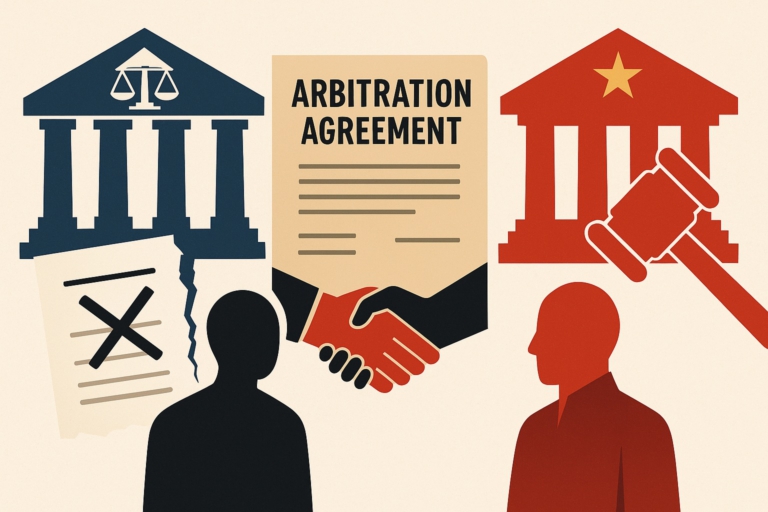
On 5 Nov.2020, China’s State Administration for Market Regulation (SAMR) issued the Guiding Opinions on Strengthening Regulation of Webcast Marketing Activities (關(guān)于加強網(wǎng)絡(luò)直播營銷活動監(jiān)管的指導(dǎo)意見), so as to protect the rights of customers by regulating the boom in China’s webcast marketing.
The Guiding Opinions sets out clear regulatory standards for platforms that provide webcast services, operators that sell goods via webcast, and anchors that conduct Livestream activities.
Contributors: CJO Staff Contributors Team









